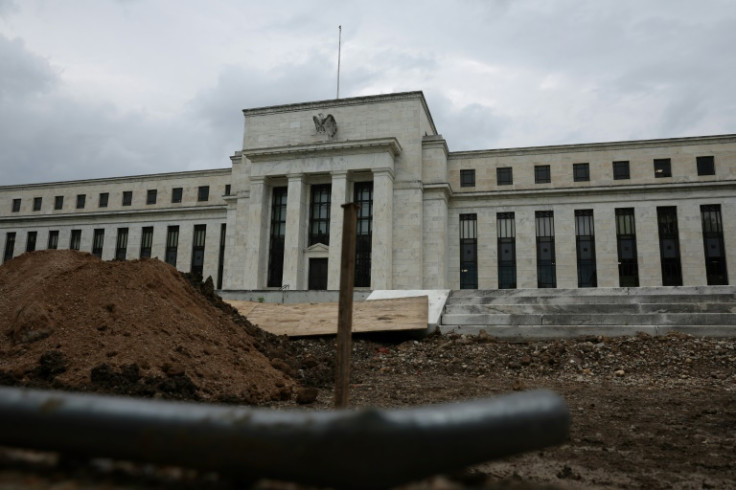Fed's Jeff Schmid Signals Possible Rate Cut If Inflation Continues To Fall

Jeff Schmid, President of the Kansas City Federal Reserve Bank and one of the central bank's more hawkish voices, said on Thursday that recent economic data has bolstered his confidence that inflation is easing, potentially paving the way for a reduction in the Fed's interest rates.
Speaking at the Kansas Bankers Association's annual meeting in Colorado Springs, Colorado, Schmid said there are "encouraging" signs that inflation is moderating but cautioned that the Fed needs to be vigilant, Reuters reported.
"Given the multi-decade shock to inflation that we have experienced, we should be looking for the worst in the data rather than the best," Schmid said.
He added that price fluctuations can be unpredictable and require extended periods of observation to confirm trends.
Schmid also said if inflation continues to decline, he would grow more confident that the Fed is on track to achieve its price stability mandate, which could justify a shift in the current policy stance.
Inflation currently hovers around 2.5%, close to the Fed's 2% target, but Schmid added that "we are still not quite there."
Last week, the Fed opted to maintain its policy rate within the 5.25%-5.50% range, where it has remained for over a year.
However, the central bank hinted at the possibility of lowering borrowing costs as early as next month, given that inflation and employment risks are nearing a balance.
Despite a weaker-than-expected jobs report shortly after the Fed's decision, which sparked concerns about a potential recession, Schmid pushed back against fears of aggressive Fed intervention.
He described the U.S. economy as resilient, with strong consumer demand and a cooling but still healthy labor market.
"The current policy stance is not that restrictive," Schmid said.
He added that further cooling in the labor market is necessary to continue driving down inflation.
Schmid did acknowledge the possibility of a policy shift if economic conditions deteriorate significantly but maintained a cautious, data-driven approach.
"The path of policy will be determined by the data and the strength of the economy," he said.
"With the tremendous shocks that the economy has endured so far this decade, I would not want to assume any particular path or endpoint for the policy rate."
© Copyright IBTimes 2024. All rights reserved.




















